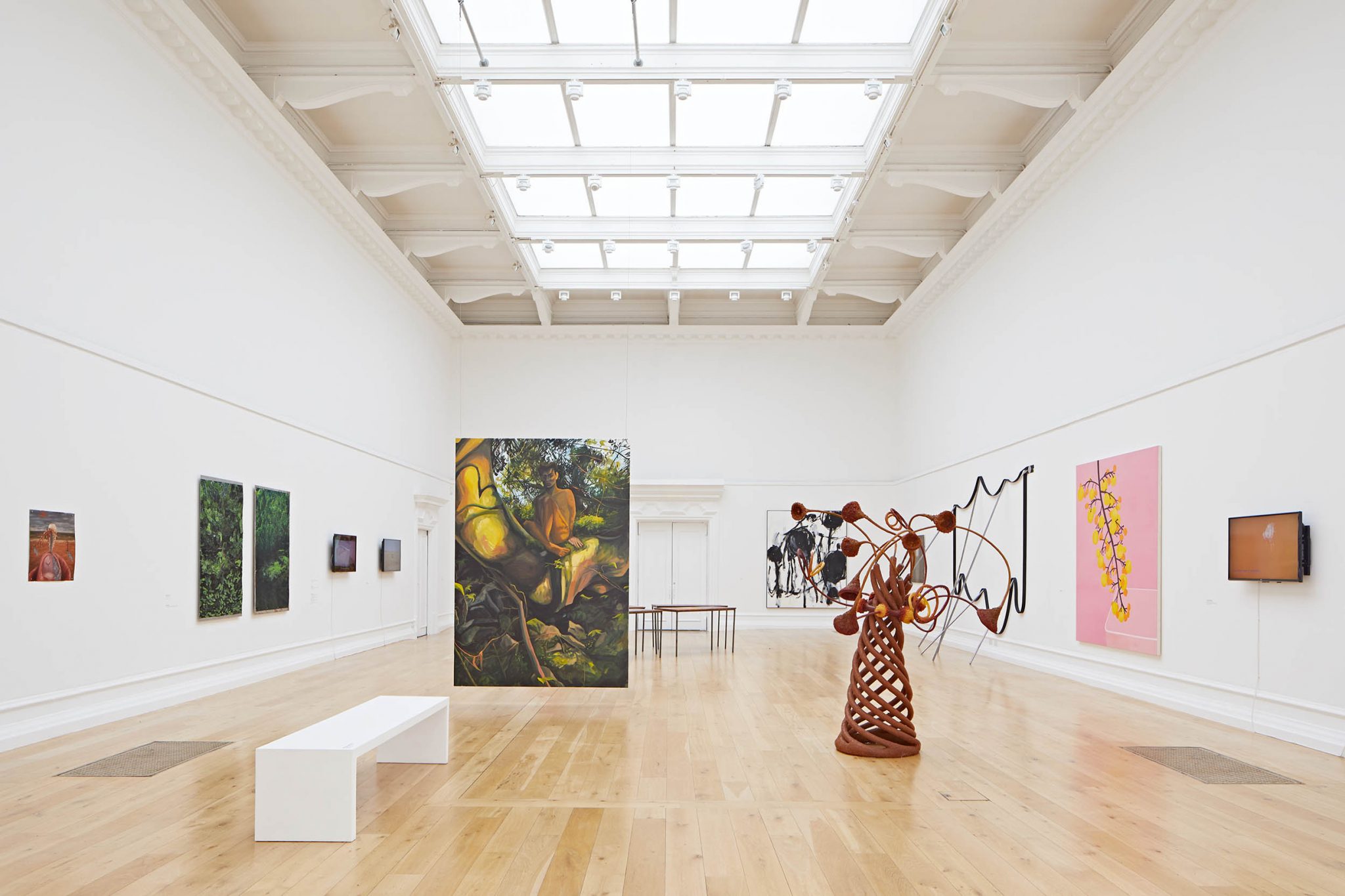As the government prepares to take an axe to arts and culture courses, the devastating impact will not only be felt in universities
Gavin Williamson thinks art and science don’t mix. While history and contemporary art practice prove otherwise, the UK education secretary is not one to let facts get in the way of a political decision. He has cut by 50% the ‘high-cost course funding’ distributed by the Office for Students (OFS) for university arts courses in England, while at the same time prioritising funding towards ‘high-value’ subjects in science and engineering. The artist and academic Keith Piper, Associate Professor in Fine Art at Middlesex University, described the move as a “colossal act of cultural vandalism”, one “based on a dangerous and muddled-headed dichotomy between the ‘arts’ and the ‘sciences’, that sees current and future prosperity as being located solely within the application of technology, with human creativity, problem solving and decision making becoming expendable.”
Is this, then, where we are with the UK’s post-pandemic recovery, with the arts and creative industries sidelined and downgraded? And yet, according to the government’s own figures, before the disruptions of COVID-19, the creative industries contributed more than £111 billion a year to the UK economy, while a recent Creative Industries Federation report states that up to 300,000 new jobs could be created in the UK by 2025 with the right investment in the sector. Commenting on Williamson’s decision, CIF CEO Caroline Norbury said: “Our report reveals that creativity has the power to not only shape the UK’s post-pandemic recovery, but to fuel the ideas needed to tackle the many other challenges our society faces. But this cannot be achieved without investment in every stage of the creative talent pipeline.”
In the visual arts, those organisations whose work nurtures and supports artists are deeply concerned. The artists’ membership organisation a-n The Artists Information Company, of which Piper is a board member, has partnerships with 59 universities and colleges across the UK. It made a submission to the OFS consultation on the cuts, a consultation which a-n CEO Julie Lomax described as “a bureaucratic process to confirm plans that had already been made”. Lomax thinks that the cuts treat education “as something that miraculously happens in a bubble and bears no relation to anything else in the world, let alone developing the talent pipeline and creating jobs”.
Kirsty Ogg, CEO of New Contemporaries, which amongst other activities supports recent graduates from British art schools through an annual exhibition – this year selected by Hew Locke, Michelle Williams Gamaker and Tai Shani – is equally damning. Ogg believes the cuts will put yet more pressure on an already chronically underfunded arts sector. “We run the risk of not only losing the full creative potential of the next generation, and the people who deliver our internationally-recognised arts courses, but also the intrinsic societal benefits of the arts as a whole.”
University courses in England are mostly funded by students’ fees; the cuts are primarily to the government grant for additional funding. Affected courses will see what was a £243 annual grant per full-time student reduced to £121.50. Due to the cuts also including the scrapping of any London weighting, arts courses in the capital will be particularly hard hit. For Goldsmiths, University of London, it will mean an annual cut of more than £2 million, a drop of 54.6%. Professor Frances Corner, warden of Goldsmiths, reacted to the announcement by saying it “takes an axe to creative arts education and threatens to have a devastating impact on London universities and their surrounding communities”. Corner added that the cuts are particularly harsh for the university’s home borough of Lewisham, one of England’s poorest areas.
Corner highlights an important point that is echoed by Ogg at New Contemporaries. “It is primarily ethnically diverse and less-advantaged young people who will suffer, as many courses across the country, which currently offer an opportunity to study close to home, will have to close because they are no longer economically viable. In short, this is a further economic barrier put in the way of access and progression.” The impact will not only be felt at university level. Further education colleges are also affected, making the provision of foundational creative courses all the more challenging.
All this is happening at a time when the universities admissions service, UCAS, reports an increase in applications for undergraduate arts and design courses across the UK to above pre-pandemic figures, at 256,420 by the June 2021 deadline. With the cuts threatening the viability and accessibility of some arts courses, Polly Brannan, artistic director at Margate-based Open School East – a fee-free independent art school founded in 2013 as a response to the rising cost of undergraduate art education – believes alternatives to mainstream higher education are more needed than ever. “This government clearly lacks an understanding of the wider context of arts education, and how, what and who the arts benefit,” says Brannan, who stresses OSE’s work across a broad age range, from primary school children to adults with or without a formal art qualification. “This decision makes it even more urgent that places like Open School East exist to ensure that there is access to arts education.”
The creative sector reacted with protests and petitions when the proposals emerged earlier in the year, and there are likely to be more battles to come. In his January 2021 guidance letter to the OFS, Williamson talked of the importance of a ‘phased transition’. He would, he stated, ‘potentially seek further reductions in future years’. The wrecking ball hasn’t finished yet.
